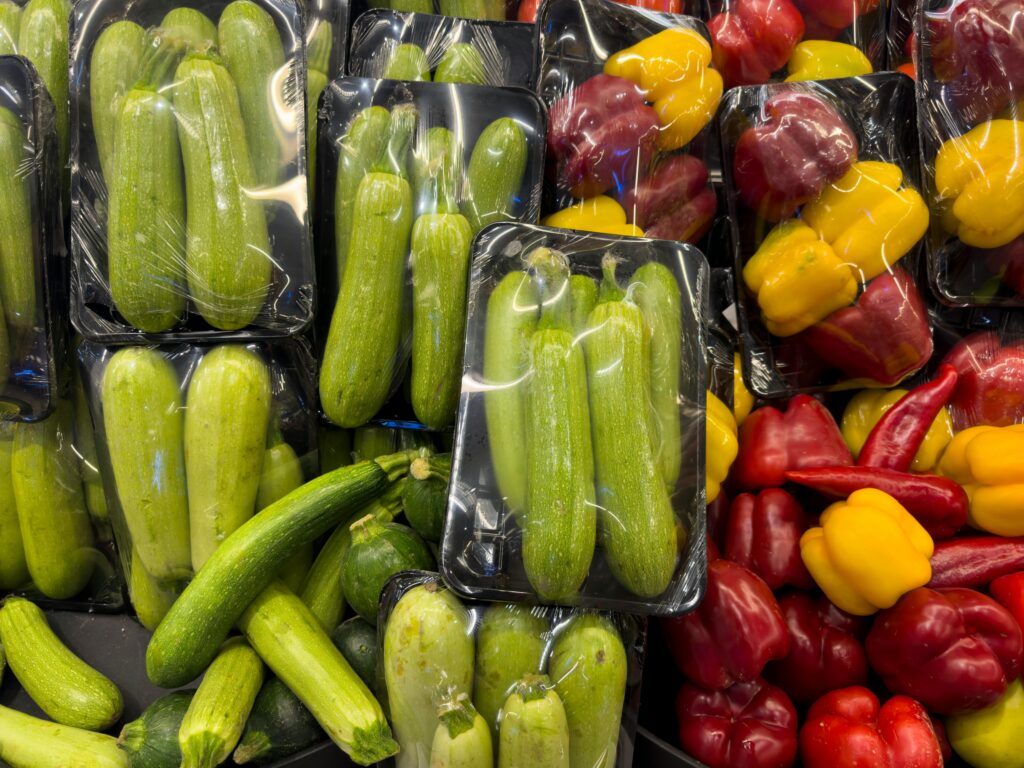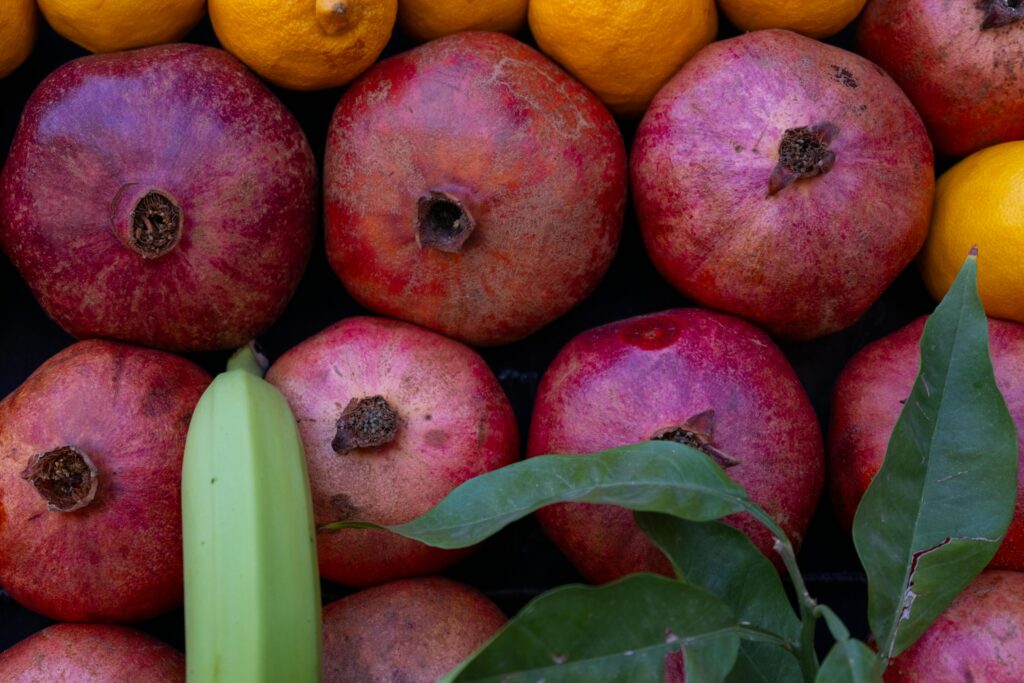Food poisoning is one of the most common health problems worldwide. Almost everyone has experienced it at least once, whether from undercooked chicken, contaminated vegetables, or spoiled dairy products. The symptoms can feel overwhelming, and many people wonder: how long does food poisoning actually last?
What Is Food Poisoning?
Food poisoning, also called foodborne illness, happens when contaminated food or drinks are consumed. The contamination may come from bacteria, viruses, parasites, or toxins. Once inside the body, these harmful agents irritate the digestive system and cause symptoms such as nausea, vomiting, diarrhea, and stomach pain.
In fact, millions of people get food poisoning every year, but most cases are mild and go away on their own.

Common Causes of Food Poisoning
There are several major causes of foodborne illness:
- Bacteria
- Salmonella (found in undercooked eggs, poultry, and meat)
- E. coli (linked to contaminated beef or raw vegetables)
- Listeria (often in deli meats, unpasteurized dairy)
- Viruses
- Norovirus (extremely contagious, spreads through food, water, or surfaces)
- Hepatitis A (passed through contaminated food or poor hygiene)
- Parasites
- Giardia and Cryptosporidium (spread by unclean water or undercooked foods)
- Toxins
- Produced by bacteria like Clostridium botulinum (botulism) or Staphylococcus aureus
Actually, bacteria and viruses are the most common culprits, while toxins and parasites are less frequent but often more severe.
Symptoms of Food Poisoning
Typical symptoms include:
- Nausea and vomiting
- Diarrhea (sometimes watery or bloody)
- Stomach cramps
- Fever and chills
- Weakness and fatigue
- Headaches
Symptoms usually appear within a few hours to two days after eating contaminated food. In fact, the timing can often give clues about the cause. For example, staph toxin poisoning may strike within just a few hours.

How Long Does Food Poisoning Last?
The duration depends on the type of contaminant, the severity of the infection, and a person’s overall health.
- Mild cases: usually resolve in 24–48 hours
- Moderate cases: may last 2–5 days, such as Salmonella infections
- Severe cases: can continue for weeks or months if caused by Listeria or Hepatitis A
Average Recovery Times by Cause
- Norovirus: 1–3 days
- Salmonella: 4–7 days
- E. coli (mild strains): 3–5 days
- Listeria: several weeks (often needs medical treatment)
- Botulism: potentially life-threatening, requires urgent medical care
Actually, most healthy adults recover completely in a few days, but children, older adults, and those with weak immune systems may take longer.

When to See a Doctor
Food poisoning often clears up on its own, but medical care is needed if you experience:
- Severe dehydration (dizziness, dry mouth, very little urination)
- Bloody diarrhea or vomit
- High fever (over 101.5°F / 38.5°C)
- Symptoms lasting more than 3 days without improvement
- Neurological issues like blurred vision or muscle weakness (possible botulism)
In fact, prompt medical attention can prevent serious complications in high-risk cases.
How to Recover From Food Poisoning
1. Stay Hydrated
Vomiting and diarrhea cause significant fluid loss. Drink water, clear broth, or electrolyte solutions.
2. Rest
Give your body time to recover. Fatigue is common, and extra rest helps healing.
3. Eat Gentle Foods
The BRAT diet — bananas, rice, applesauce, toast — is easy on the stomach.
Actually, many people also tolerate boiled potatoes, crackers, or plain oatmeal well.
4. Be Cautious With Medication
Over-the-counter antidiarrheal medicines may help, but avoid them if stools are bloody or fever is present.
5. Medical Treatment
Some bacterial infections, such as Listeria, may require antibiotics prescribed by a doctor.

Can Food Poisoning Have Long-Term Effects?
Most people recover fully. However, in rare cases, complications may occur:
- Kidney damage (certain E. coli strains)
- Chronic arthritis (from Salmonella or Campylobacter)
- Nerve or brain issues (caused by Listeria or botulism)
In fact, while these complications are uncommon, they highlight why severe symptoms should never be ignored.
How to Prevent Food Poisoning
The best cure is prevention. Key food safety tips include:
- Cook foods thoroughly — especially meat, poultry, and seafood.
- Avoid cross-contamination — use separate cutting boards for raw meat and vegetables.
- Wash hands and produce — proper hygiene reduces germs.
- Store food safely — refrigerate perishables within 2 hours, keep fridge below 40°F (4°C).
- Handle leftovers carefully — reheat to 165°F (74°C) and discard spoiled items.
Actually, small habits like washing hands before cooking and checking expiration dates can drastically cut the risk of foodborne illness.
The Bottom Line: How Long Does Food Poisoning Last?
Food poisoning usually lasts 1 to 3 days, though some infections may linger for a week or longer. Most people recover with rest, hydration, and light meals. Severe or persistent symptoms require medical care, especially for vulnerable groups.
In fact, food poisoning is largely preventable. By practicing safe cooking, storage, and hygiene habits, you can greatly reduce your risk and keep your meals safe to enjoy.


